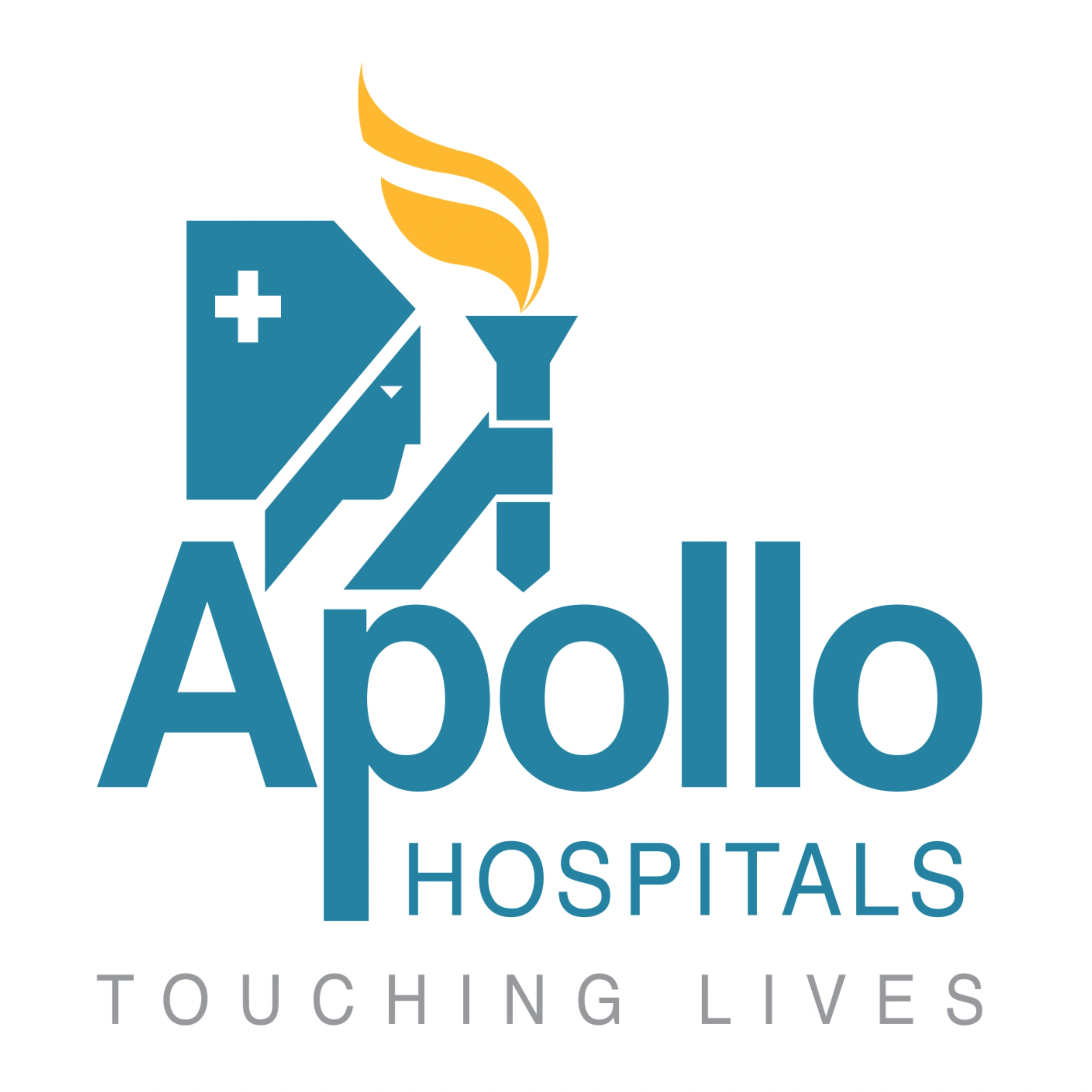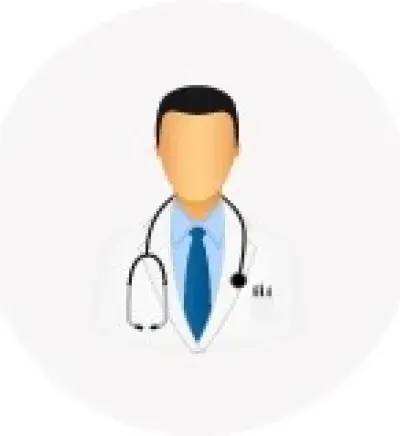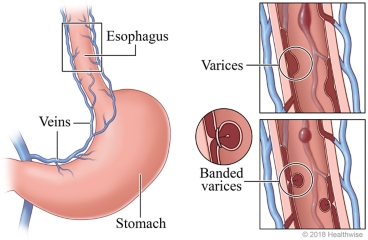Hospitals Available with this Endoscopic Variceal Banding Treatment





Department: Hepatology
Estimated Cost : $1,000 - $2,500
Endoscopic Variceal Banding (EVB) is a minimally invasive procedure used to treat esophageal varices, which are enlarged veins in the esophagus that can bleed and cause serious health complications. This procedure is often performed in patients with liver cirrhosis or other liver conditions that increase the pressure within the portal vein (portal hypertension). Healtour Solutions connects you with expert hepatologists and gastroenterologists in India for this effective treatment option.
Esophageal varices are swollen veins in the esophagus that occur due to liver disease. They are often a result of cirrhosis, where scarring of the liver leads to increased pressure in the portal vein, causing veins in the esophagus to enlarge. If these varices rupture, they can cause life-threatening bleeding. Endoscopic Variceal Banding is one of the most effective methods to control and prevent bleeding from esophageal varices.
Endoscopic Variceal Banding is typically used when patients with esophageal varices experience variceal bleeding or are at high risk of it. This procedure involves placing rubber bands around the varices to stop bleeding and prevent further rupture. It is commonly used for both emergency and preventative treatment.
The diagnosis of esophageal varices typically involves the following:
Endoscopic Variceal Banding is a primary treatment for variceal bleeding or prevention, but other treatments may include:
Healtour Solutions connects patients with top specialists and hospitals in India for the management of esophageal varices and bleeding. Our services include:
Step 1: Consultation and Diagnosis
Step 2: Personalized Treatment Plan
Step 3: Endoscopic Variceal Banding Procedure
Step 4: Post-Procedure Care
Step 5: Long-Term Care
Step 6: Emotional and Psychological Support
If you or a loved one is facing esophageal varices or variceal bleeding, Healtour Solutions can help you find the best treatment in India. Contact us today for a consultation and start your journey towards expert care.
1. What is Endoscopic Variceal Banding (EVB)?
EVB is a procedure where rubber bands are placed around enlarged veins (varices) in the esophagus to stop bleeding or prevent future bleeding.
2. Why is EVB necessary?
EVB is needed to control bleeding caused by esophageal varices, which can be life-threatening if not treated promptly.
3. Is the EVB procedure painful?
The procedure is performed under sedation, so patients are usually comfortable and experience minimal discomfort.
4. How long does recovery from EVB take?
Recovery time is typically short, with most patients able to return home the same day after the procedure.
5. Can varices be treated without EVB?
In some cases, medications and sclerotherapy may be used, but EVB is one of the most effective treatments for variceal bleeding.
6. What is the success rate of EVB?
EVB is highly effective in controlling bleeding and preventing future episodes, especially when performed early.
7. Can EVB be repeated if necessary?
Yes, multiple sessions of EVB may be needed, especially if varices continue to bleed or recur.
8. What are the risks of EVB?
Possible risks include discomfort, bleeding, and esophageal perforation, though these complications are rare.
9. How can I prevent variceal bleeding in the future?
Lifestyle changes, including avoiding alcohol and following a liver-friendly diet, can help prevent variceal bleeding. Regular monitoring and follow-up treatments are also important.
10. How affordable is EVB treatment in India?
EVB treatment in India is cost-effective compared to many Western countries, providing high-quality care at an affordable price.
@2025 Healtour Solutions Pvt Ltd. All Rights Reserved.